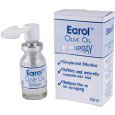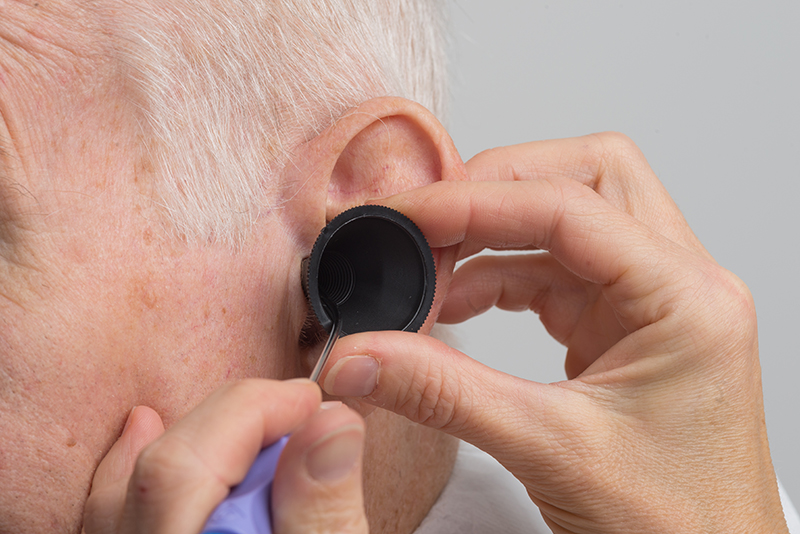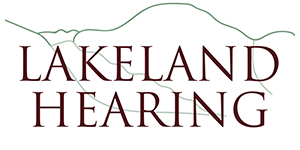Ear Wax Removal
Book your ear wax removal appointment online here
£70 both ears or £55 one ear
What is ear wax?
More technically called cerumen, ear wax is a protective layer produced naturally in the ear canal. Ear wax comes from modified sweat glands, it is slightly acidic and acts as a protective mechanism, trapping dirt and dust and making the environment hostile to bacteria. Over the course of a year, the ear wax, plus any dust or dirt the ear wax has trapped moves slowly to the edge of the ear where it then falls out. This process is incredibly slow – it takes 12 months to travel just 2.4cm!
Why do my ears block up?
For some, excess ear wax can be a real nuisance. The ear wax does not move to the edge of the ear canal and fall out but rather stays, accumulates and eventually blocks the ear canal leading to dulled hearing, irritation and an unpleasant blocked sensation. This may be due to the size and shape of your ear canals or it may be due to excessive production. Everybody is unique.
What can I do?
You can use olive oil spray or drops to soften the wax, sometimes this allows it to come out naturally once softened. If this doesn’t solve the problem you will need it manually removed. The safest and most efficient way is to visit a qualified practitioner such as the audiologists at Lakeland Hearing who are registered with the Health and Care Professions Council (HCPC) and follow British Society of Audiology guidance on Aural Care. We have a variety of methods to remove the wax carefully and safely. We will determine the best course of action after having a good look in your ears and taking a relevant medical history.

Techniques for removing ear wax
There are three methods for removing wax
Instrumentation – These thin metal instruments have small loops on the end. The looped end is carefully inserted into the ear to remove wax.
Irrigation – This is a gentle irrigation system using warm water to dislodge and flush out wax. The water is directed towards the sides of the ear canal rather than the ear drum to make the procedure safe and comfortable. You will be asked to hold a bowl under your ear to catch the water. We will then gently dry the ear.
Suction clearance – Where a small fine probe is inserted into the ear canal and the excess wax is carefully and gently suctioned out of the ear canal.

Before attending your appointment
We recommend that you use olive oil spray or drops before attending your appointment. Olive oil is a gentle lubricant which lubricates both the skin and the wax plug so making it easier and more comfortable for the Audiologist to remove. You will receive an information sheet via email when you book your appointment.
Dangerous DIY techniques
Please don’t use cotton buds. Even very careful use of the bud pushes the wax back down the ear canal. This stops the natural outward movement and makes a blockage more likely. We regularly see the cotton ends falling off and getting stuck in the ear and in extreme cases the bud may be pushed so far down the ear canal that it damages the ear drum.
Hopi ear candling is a well advertised DIY method of wax removal. The claim is that the vacuum produced by burning a candle in your ear can suck out the wax. Looking at the scientific evidence behind this it is NOT effective and can be dangerous. All candles produce wax when burnt so the presence of wax at the end of a Hopi ear candle session does not indicate any wax has been removed from the ear. Hopi ear candling commonly results in burns to the outer ear and to the delicate sensitive skin inside the ear canal.
Contact Lakeland Hearing
So if you find your ears blocking up with wax, don’t suffer from reduced hearing, don’t try DIY removal techniques, just give us a call on 01539 234180 to book an appointment with our experienced, qualified audiologists to have it removed safely.
